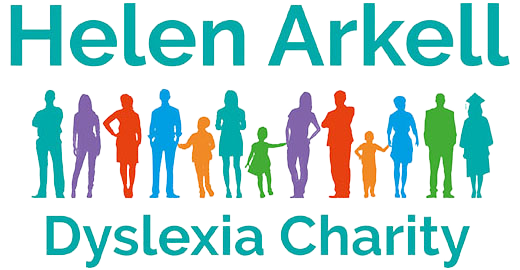Three reasons to have a dyslexia assessment as an adult
Many people don’t find out that they have dyslexia until they are adults. Perhaps your schooling is over – quite recently or a long time ago – and you feel it’s too late to worry about whether you are dyslexic.
Here are three reasons why a dyslexia assessment as an adult – at any age at all – can be a good move.
1 You will understand yourself better
Many people with dyslexia are very bright but found school a struggle. This may have had a huge impact on confidence and made them feel they are stupid and affected the choices they made and continue to make.
Having a dyslexia assessment may explain why you found it so difficult to achieve academically. You will discover what your weaknesses are and why you have them, but also where your strengths lie – and how you can use these to overcome those weaknesses. This can be a huge boost to confidence and a relief to understand what has been going on over the years. It can help you forgive yourself if you didn’t achieve what you might have and help you imagine what you could do with the right support.
2 It can have a positive effect on your career
Once you have your dyslexia report, you can approach your employer and ask for reasonable adjustments to your work environment or work processes to help you do your job more easily and effectively. This may be having presentation slides given to you in advance of a meeting, being given verbal rather than written instructions, having notes printed on pale-coloured paper or it might be that some tasks are given to someone else while you take on those that are better suited to your skills. Under the Equality Act 2010, dyslexia is classed as a disability and you have a right to reasonable adjustments being made by your employer.
Employers are now beginning to see that there is huge value in employing workers with dyslexia. People with dyslexia can be incredibly creative in all sorts of ways, including problem solving. They often approach problems and tasks in a different way to those who do not have dyslexia and can be innovative in their solutions. This kind of ‘out of the box’ thinking is hugely valuable to employers.
An assessment can also open the door to support for further training or academic opportunities. What could you achieve?
3 It can help your child with their dyslexia
Dyslexia is often inherited. If you have a child who has been diagnosed with dyslexia, it can be hugely helpful to have any concerns about whether you have dyslexia addressed. You can both be ‘in it together’. It can help you both to help each other, give you both confidence and help you both to find ways to overcome struggles. It can help you discuss your child’s dyslexia at school if you have a better idea why and how they are struggling. You speaking openly, positively and without embarrassment about your dyslexia can help your child do the same, changing how they feel about being dyslexic and ultimately celebrating their strengths.
How can you get an adult dyslexia assessment?
If now is the moment to have a dyslexia assessment, Helen Arkell Dyslexia Charity offers a range of services for adults, including adult dyslexia assessments.
‘Having spent all my life not knowing why I was experiencing difficulties, and believing I was not intelligent at all, finally having official recognition of my condition is extremely helpful: a lot of things now ‘make sense’… It might sound dramatic, and would definitely have been something I would have been very skeptical about if you had asked me before my diagnosis, but my diagnosis has allowed me to feel validated for being myself.’
‘It helped me understand where my difficulty with memory retention came from and feel more confident because of it.’
‘… my diagnosis has helped me get the support I need from my university to accomplish my full potential in my studies. I have recommended Helen Arkell to anyone I know struggling with symptoms of dyslexia who may wish to have an assessment.’






